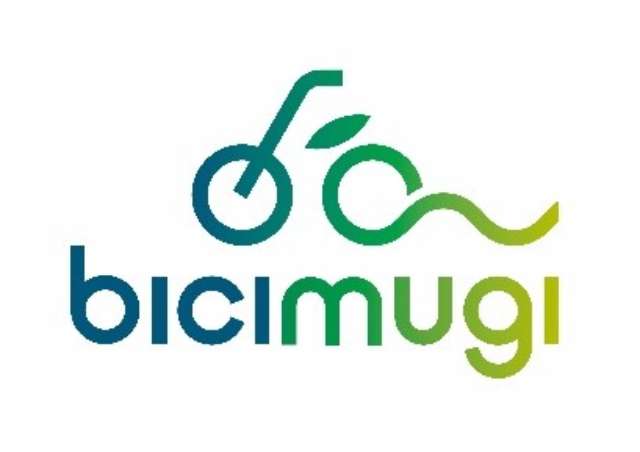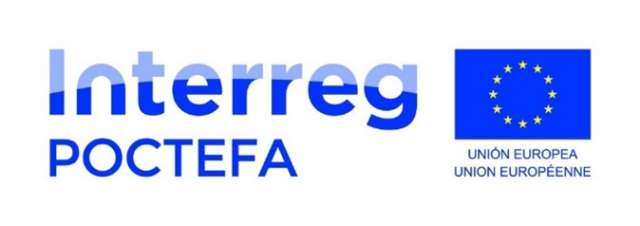New website for BICIMUGI, a project for sustainable mobility in rural areas
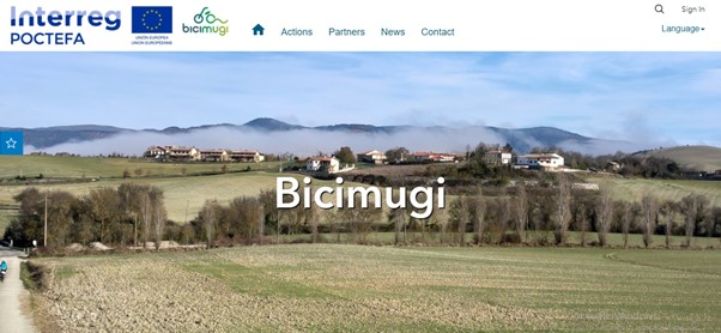
The 30-month BICIMUGI project, co-funded by the Interreg POCTEFA Programme, started in January 2020 and will take place until June 2022. It brings together 5 partners from Spain and France, in addition to the ECF in Belgium, whose role is to provide international expertise on monitoring and evaluating the economic impact of cycling tourism, coordinating the exchange of best practices among European cities and regions working on rural mobility, producing methodologies and standards on relevant topics and communicating the results of the project to a European audience.
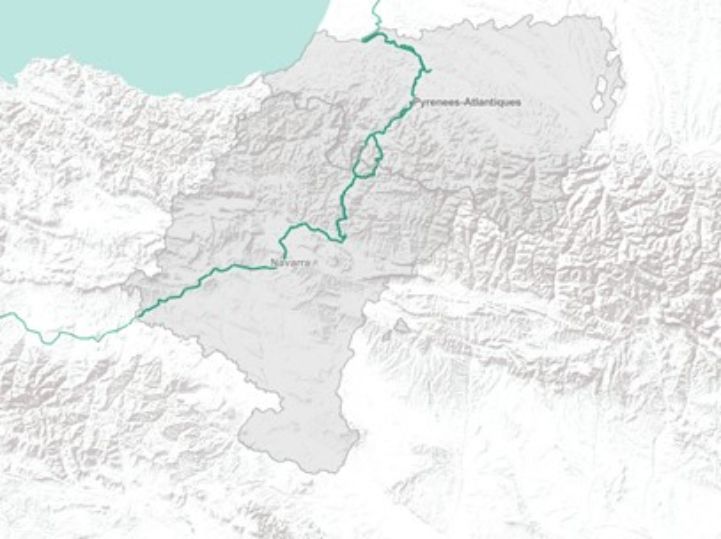
The new website of BICIMUGI can be visited here. The main goal of the project is to improve environmentally friendly transport systems in order to encourage sustainable mobility in rural areas for all, including young people, mobility impaired people, retired people, etc. More specifically, the project aims at developing a sustainable mobility backbone between the department of Pyrénées-Atlantiques and the province of Navarra, which will be part of EuroVelo 3 – Pilgrims Route. With the overall purpose of boosting sustainable mobility in the area, a cycling network is being designed to create connections between rural villages and the backbone, EuroVelo 3.
BICIMUGI additionally focuses on pedagogic and awareness-raising activities with the rural population, tourists and cycle tourists. The main targets of these actions are people with reduced mobility, the youth and socially excluded groups.
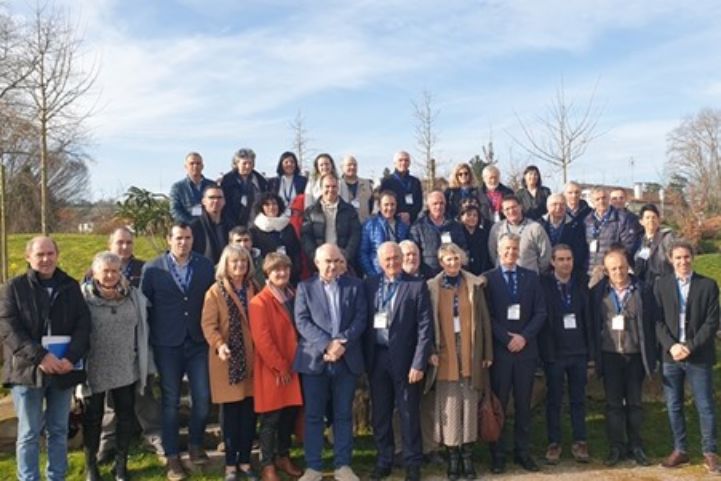
Hereafter are more details about the project activities and responsible partners:
- Action 1 – Project Management: The Department of Pyrénées-Atlantiques (France), as lead partner, is responsible for coordinating the project.
- Action 2 – Communication: NASUVINSA-Lursarea (Spain) is the partner in charge of project communication, which activities are aimed at the general public, the specialised public consisting of experts in sustainable mobility and cyclists who wish to exchange knowledge and participate in technical workshops, and local and regional authorities.
- Action 3 – Mobility plan in rural areas: Also led by NASUVINSA, the aim of this action is to promote cycling mobility for all publics, with EuroVelo 3 – Pilgrims Route as a structuring itinerary. BICIMUGI seeks to establish a dialogue between urban and rural areas and to carry out awareness-raising activities for all publics, including people with disabilities, young people, and socially excluded groups.
- Action 4 – New itinerary: The Department of Pyrénées-Atlantiques leads this action, as part of which work is being carried out to create a safe cycle route from Aquitaine to Logroño, passing through Pamplona, in a way that complies with the requirements of the EuroVelo Certification Standard. This methodology for assessing the quality of national or regional routes is a reference for cycle route development. In addition, loops are being designed from the main route, which will allow to connect villages together and reach places of interest located outside the main route.
- Action 5 – Services for cyclists and information: The European Cyclists’ Federation is responsible for the last action, which aims to facilitate the use of bicycle in rural areas. Cycling services close to the route are being developed and enhanced to promote the economic development of the route area, as well as an interactive map to easily access this information. These services include a diagnosis of the existence and installation of bicycle parking spaces in accessible spaces, shared car options and transfer to buses and/or trains to encourage intermodality, the development of self-repair stations and transport of luggage and/or cyclists, especially in difficult areas.
Additional project partners from France are the Commune of Saint-Palais, the Tourism Office of the Basque Country, the “Agence d’attractivité Développement touristiques” of Béarn Basque Country and the Commune of Esterençuby, while the other project partner from Spain is the Pamplona District networks (MCP), integrating 50 local municipalities.
